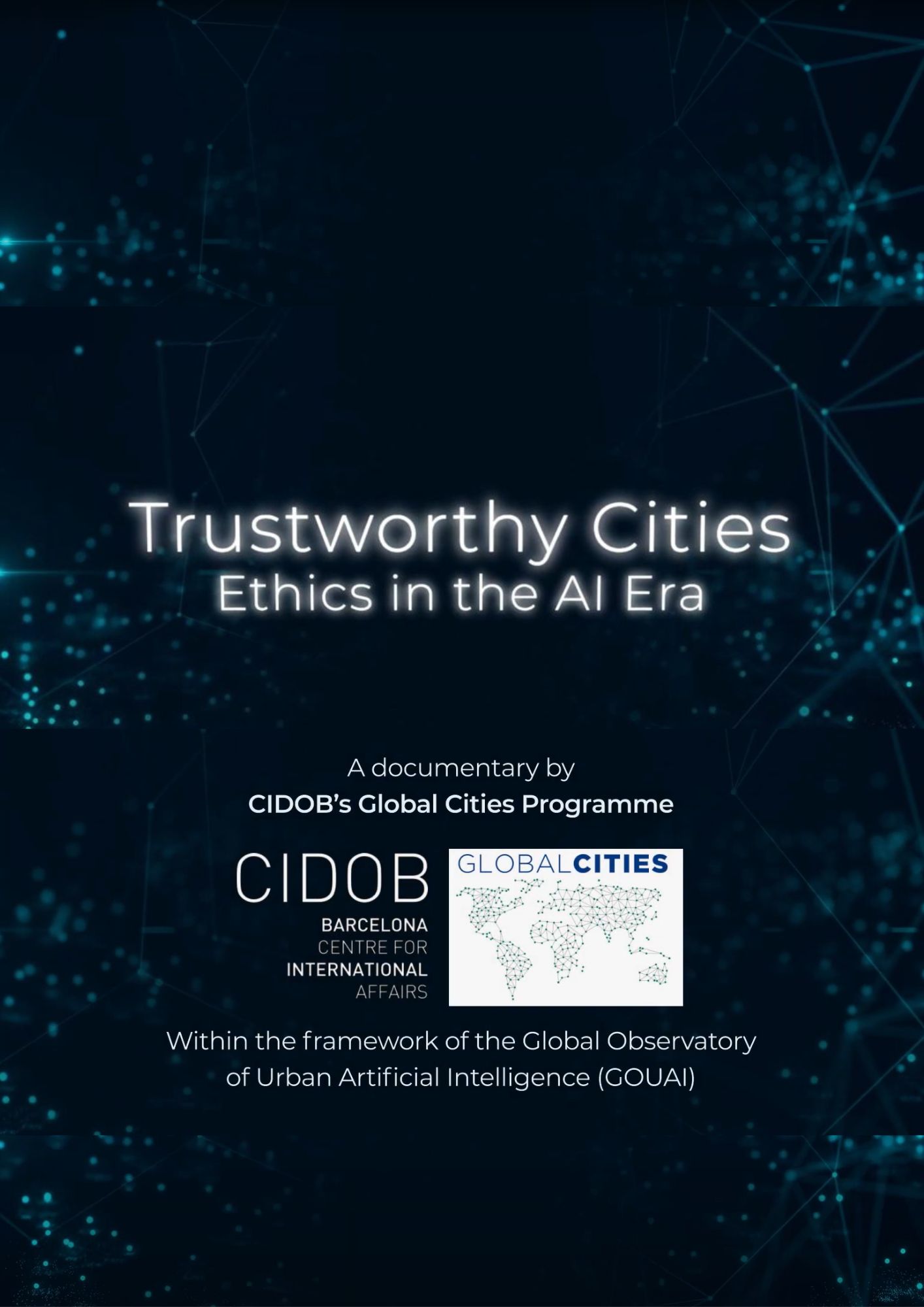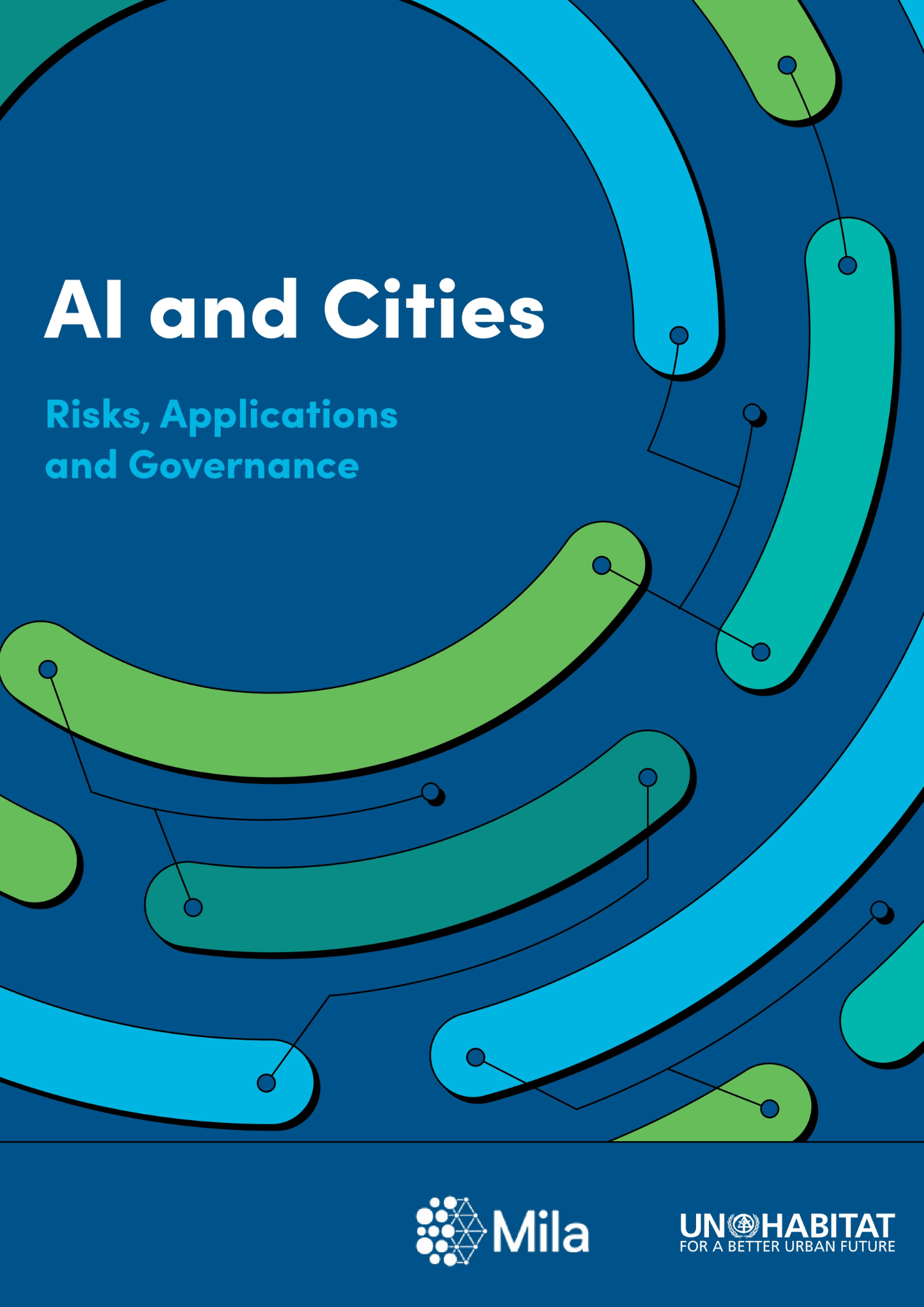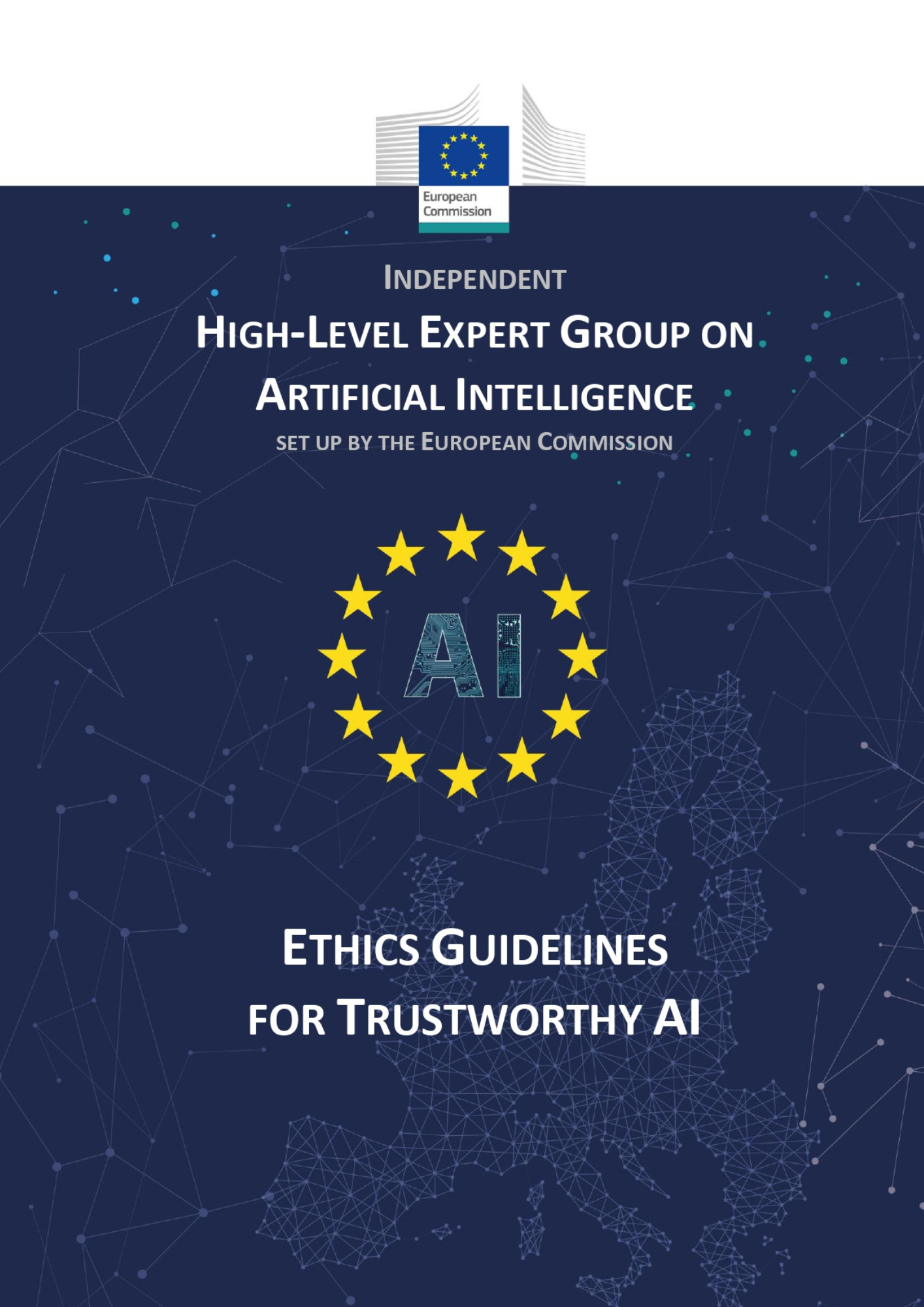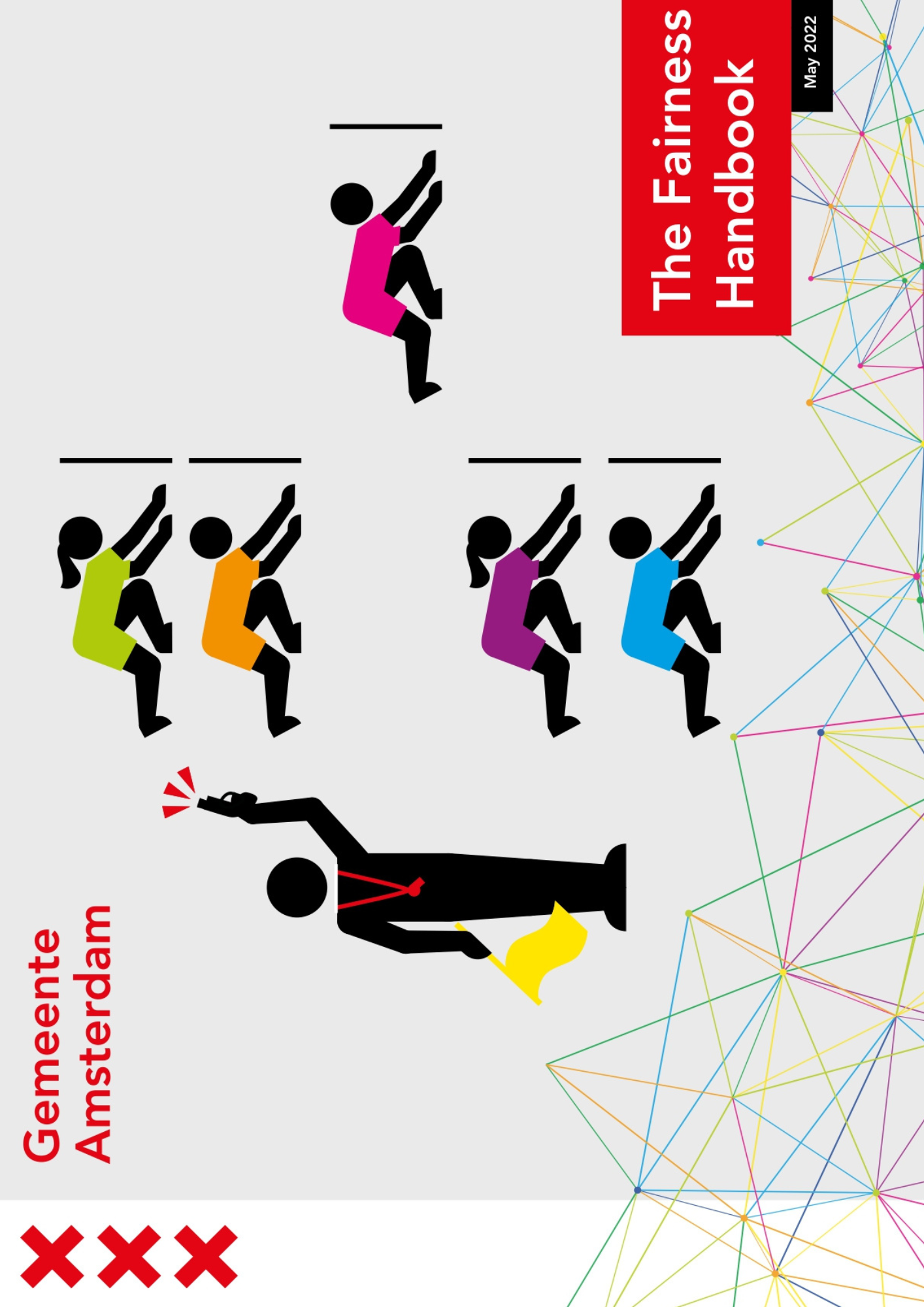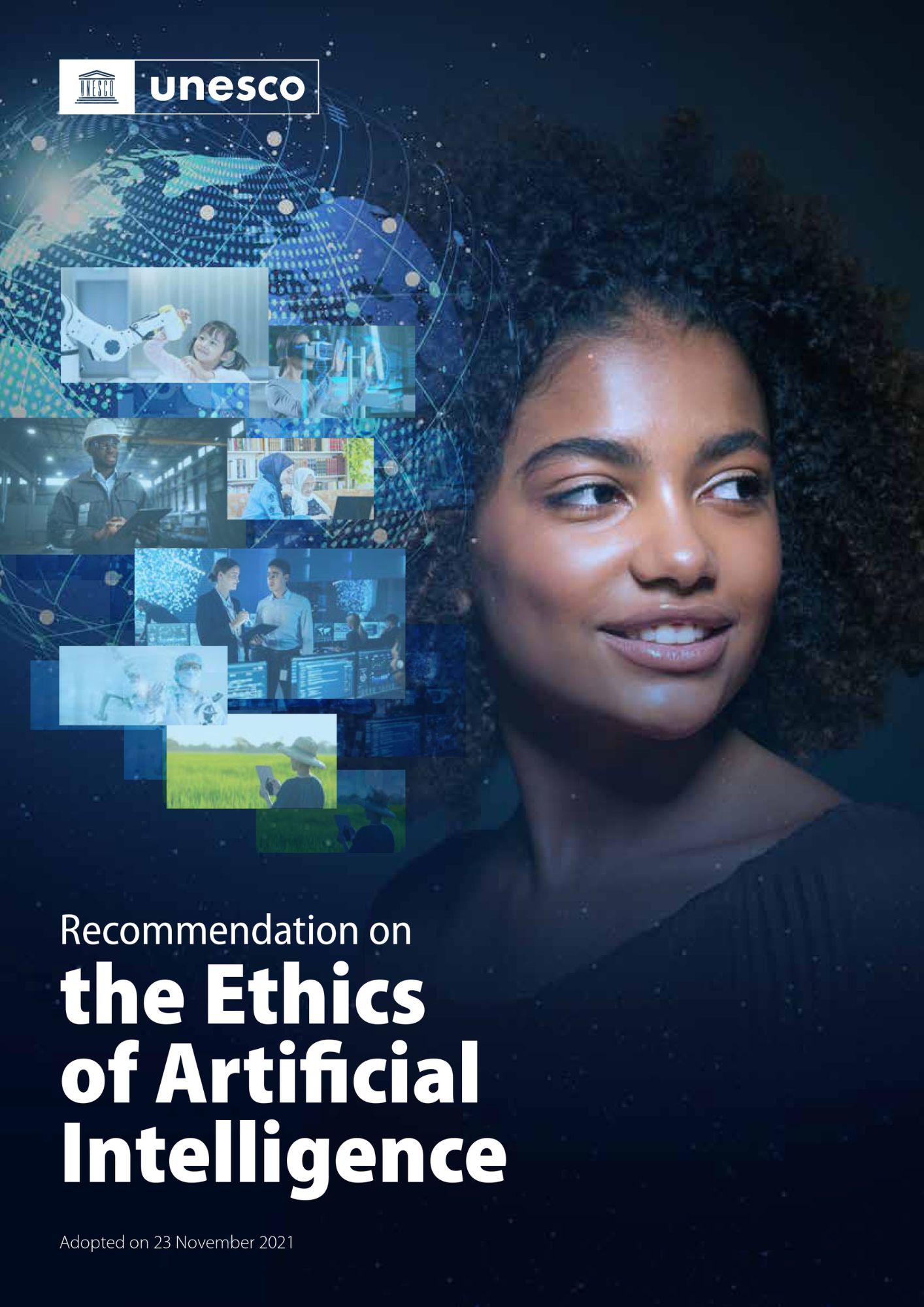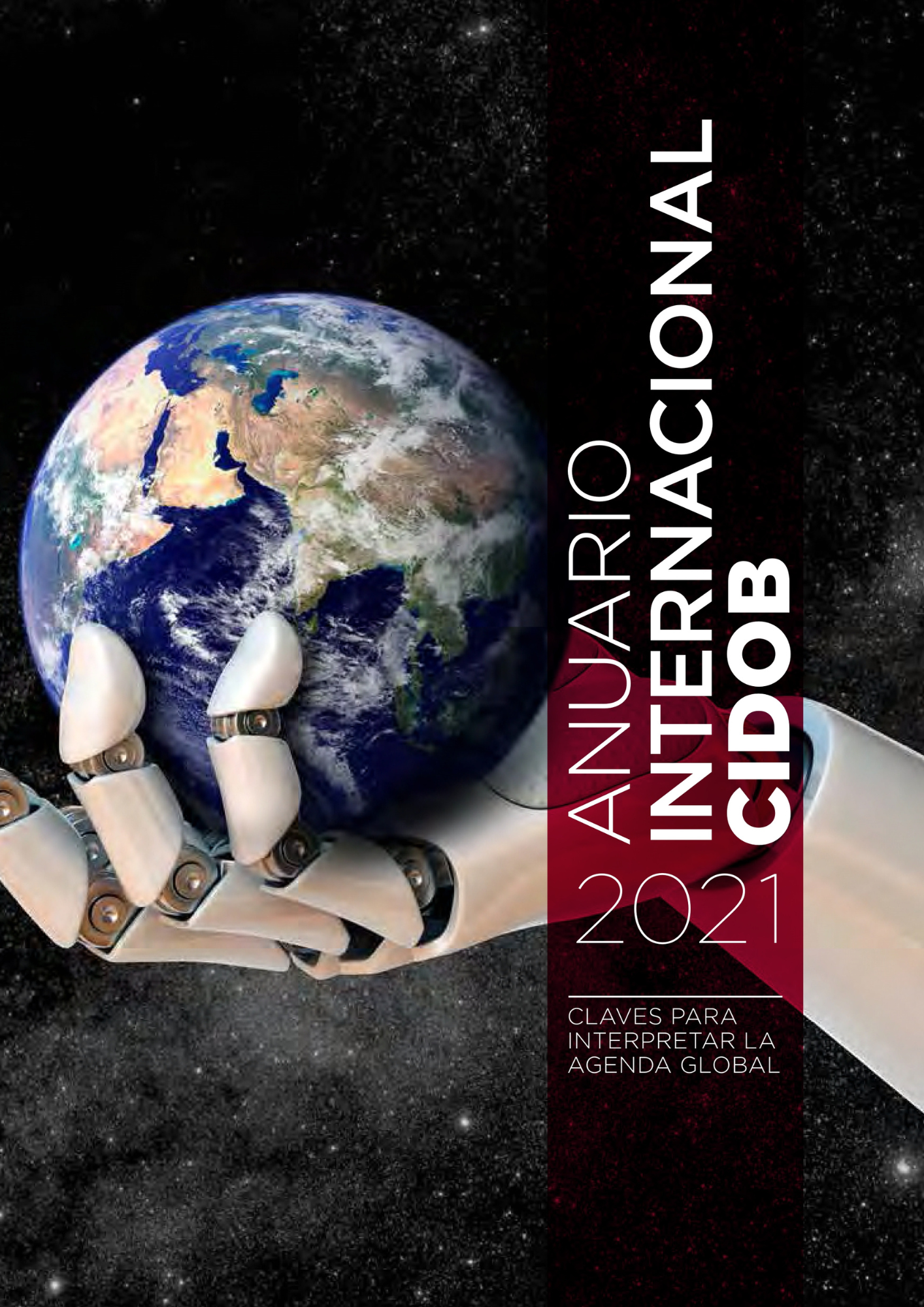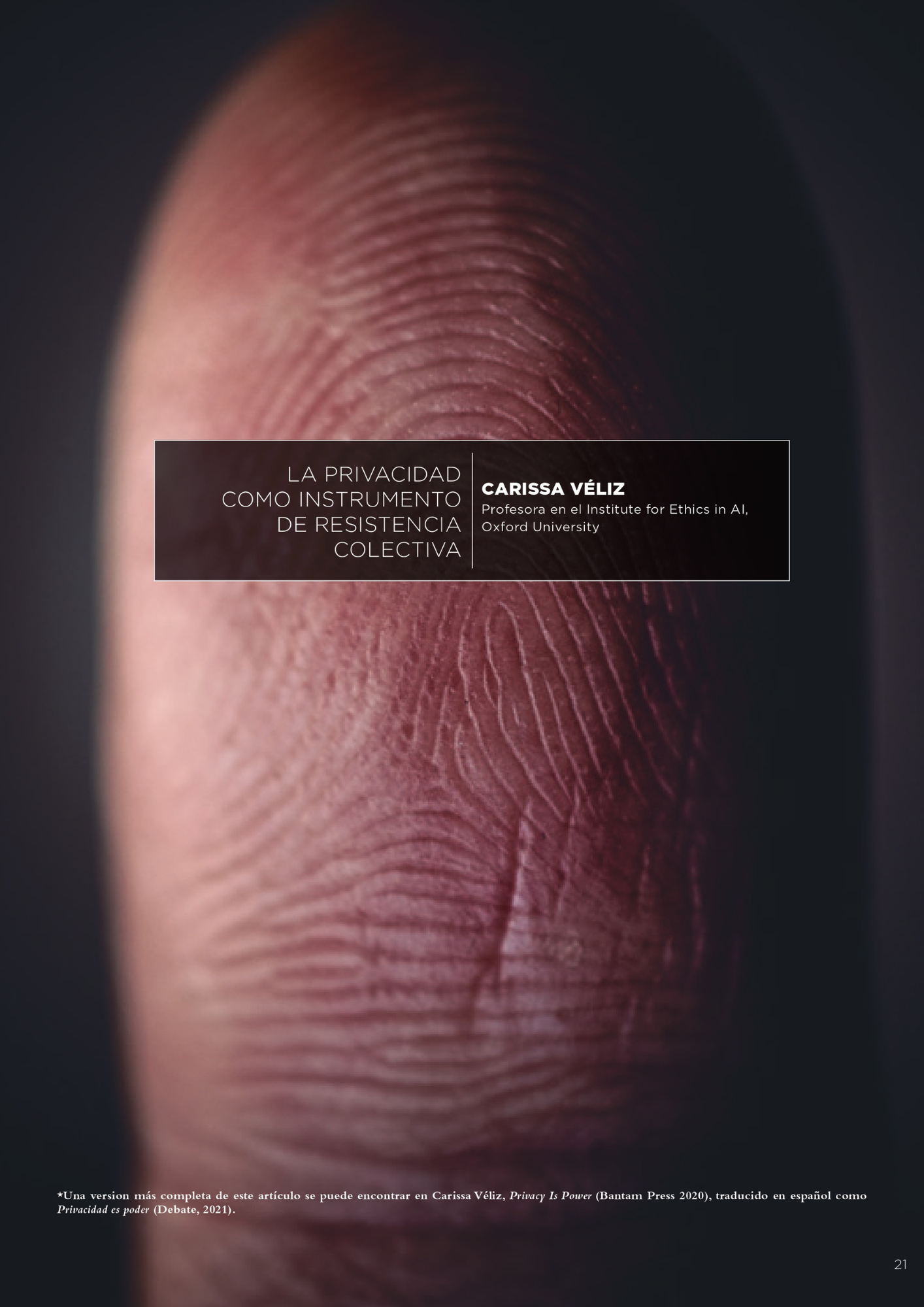In November 2021, the 193 Member States at UNESCO’s General Conference adopted the Recommendation on the Ethics of Artificial Intelligence, the very first global standard-setting instrument on the subject. It will not only protect but also promote human rights and human dignity, and will be an ethical guiding compass and a global normative bedrock allowing to build strong respect for the rule of law in the digital world.
To do so, UNESCO launched a global consultation, collecting comments from online surveys, regional consultations, and the open, multi-stakeholder, and citizen deliberation process led by Mila and Algora Lab (Université de Montréal). 611 participants of more than 54 countries participated in this inclusive dialogue on ethics in AI.
